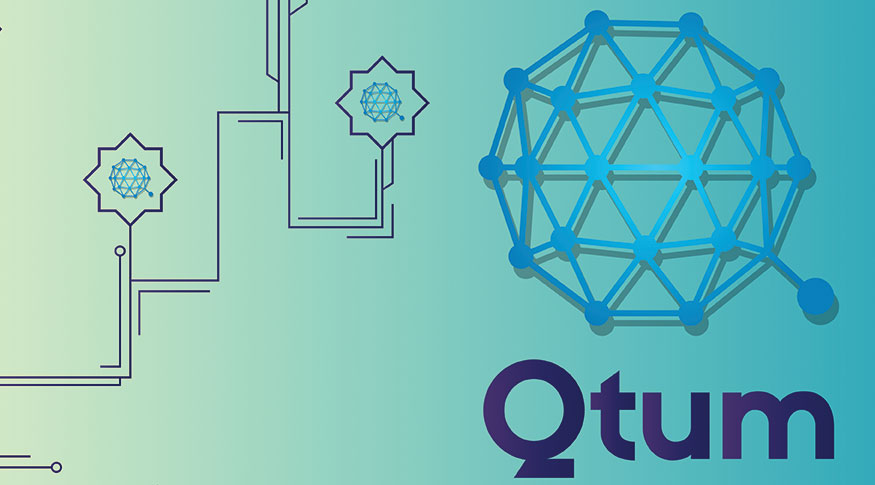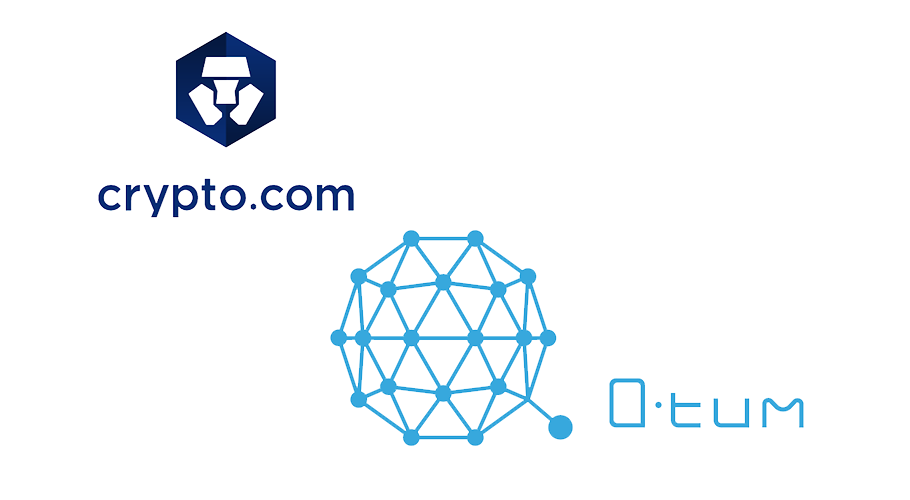Qtum, the first blockchain protocol to successfully deploy a Proof-of-Stake consensus model, has announced that co-founder and lead developer Jordan Earls will be demoing Qtum’s x86 Virtual Machine at the Consensus conference during New York Blockchain Week.
The demonstration is part of Qtum’s strategy to help developers build on mature and fully tested technology, with Qtum keeping the limited flexibility of their blockchain network as a basic protocol and creating a powerful virtual machine network layered on top.
Qtum’s UTXO transaction model incorporates the stability of Bitcoin, making it very suitable for mobile and IoT applications, as well as smart contract platforms that are currently using the Ethereum Virtual Machine. x86 architecture allows nodes to use fewer resources, making it cheaper to execute a contract.
While the Ethereum VM is restricted to its custom-built language Solidarity, the x86 VM supports programming languages such as C, C++, Java, and Rust, with future targets set for Go and Python.
“We are building some very good innovations, such as the Qtum x86VM, and our demonstration at Consensus during New York Blockchain Week will show decentralized app developers how it empowers them to build fantastic decentralized applications. To do this, we’re leveraging the Ethereum Virtual Machine and building the x86VM so people can develop smart contracts in the majority of programming languages, such as C++, Rust, and Python. We’re excited to share the work we’ve been doing. I believe what we need in smart contracts is not more shiny tools but stability and predictability when you’re developing. More innovation can take place in the blockchain space when experienced programmers can write using mature programming languages.”
Qtum has chosen to target C and C++ because of their comparative ease to support, while Rust was selected for it’s lightweight, security-focused nature. The Qtum team hopes to lower the barrier of entry for developers wanting to transition into the blockchain space by allowing them to innovate and create within a familiar framework.
Qtum’s x86VM is scheduled for full release in mid to late 2018. Having already integrated a number of languages, the team aims to make popular and longstanding ones such as C, C++, Java, Python, Rust and Go available to developers on the Qtum platform.






















